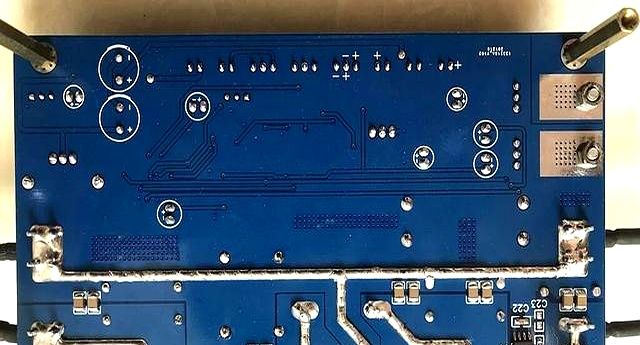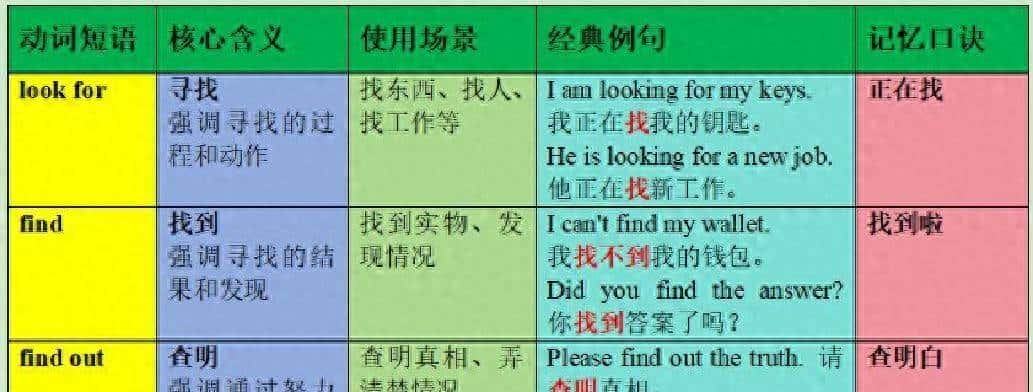1. object [ˈɒbdʒɪkt] 物体;目标;反对
– 记忆方法:在旧仓库发现奇怪物体,“I found a strange object in the old warehouse.” 我的目标是学好英语,“My object is to learn English well.”
2. bread [ˈbred] 面包
– 记忆方法:早餐我吃面包喝牛奶,“I have bread and milk for breakfast.”
3. rule [ˈruːl] 规则;统治
– 记忆方法:要遵守学校规则,“We should follow the school rules.” 古代国王统治国家,“In ancient times, the king ruled the country.”
4. among [ˈəmʌŋ] 在……之中
– 记忆方法:他在同学们之中很受欢迎,“He is very popular among his classmates.”
5. noun [ˈnaʊn] 名词
– 记忆方法:“Book”是个名词,“‘Book’ is a noun.”
6. power [ˈpaʊə(r)] 力量;权力;电力
– 记忆方法:知识就是力量,“Knowledge is power.” 总统拥有很大权力,“The president has great power.” 昨晚停电了,“The power went out last night.”
7. cannot [ˈkænɒt] 不能;不可以
– 记忆方法:你不能在这里吸烟,“You cannot smoke here.”
8. able [ˈeɪbl] 能够;有能力的
– 记忆方法:她能弹好钢琴,“She is able to play the piano well.”
9. six [ˈsɪks] 六;六个
– 记忆方法:桌上有六个苹果,“There are six apples on the table.”
10. size [ˈsaɪz] 大小;尺寸
– 记忆方法:你穿多大码的鞋?What size are your shoes?
11. dark [ˈdɑːk] 黑暗的;深色的
– 记忆方法:晚上房间很黑暗,“The room is dark at night.” 我喜爱深色衣服,“I like dark-colored clothes.”
12. ball [ˈbɔːl] 球
– 记忆方法:孩子们在踢足球,“The children are playing football.”
13. material [ˈmətɪəriəl] 材料;原料
– 记忆方法:木头是常用建筑材料,“Wood is a common building material.”
14. special [ˈspeʃl] 特殊的;特别的
– 记忆方法:今天是个特殊的日子,“Today is a special day.”
15. heavy [ˈhevi] 重的;沉重的
– 记忆方法:这个箱子太重我搬不动,“This box is too heavy for me to carry.”
16. fine [ˈfaɪn] 好的;晴朗的;罚款
– 记忆方法:今天天气很好,“It’s fine today.” 他因超速被罚款,“He got a fine for speeding.”
17. pair [ˈpeə(r)] 一双;一对
– 记忆方法:我买了一双新鞋子,“I bought a pair of new shoes.”
18. circle [ˈsɜːkl] 圆圈;圈出;环绕
– 记忆方法:请圈出正确答案,“Please circle the correct answer.” 飞机环绕城市飞行,“The plane circles around the city.”
19. include [ˈɪnkluːd] 包括;包含
– 记忆方法: 我们的团队包括来自不同国家的球员。“Our team includes players from different countries.”
20. built [ˈbɪlt] build的过去式和过去分词,建造;创建
– 记忆方法:他们建造了一座新房子,“They built a new house.” 他创建了自己的公司,“He built his own company.”



2011.9.12 无锡


![[C语言探索之旅]第三部分第三课:SDL开发游戏之显示图像](https://www.niaorui.com/img/4.jpg)










三年级的小学生是我的动力